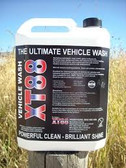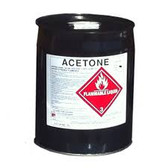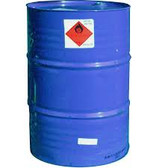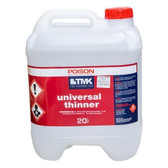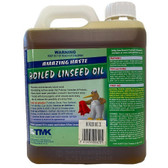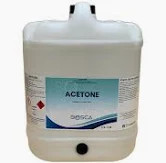 Loading... Please wait...
Loading... Please wait...- Home
- Commercial Chemicals
- Acetone 20L
Categories
Acetone 20L
$175.23
or make 4 interest-free payments of
fortnightly with
![]() More info
More info
SKU:
A20
Weight:
20.00 KGS
Shipping:
Calculated at checkout

